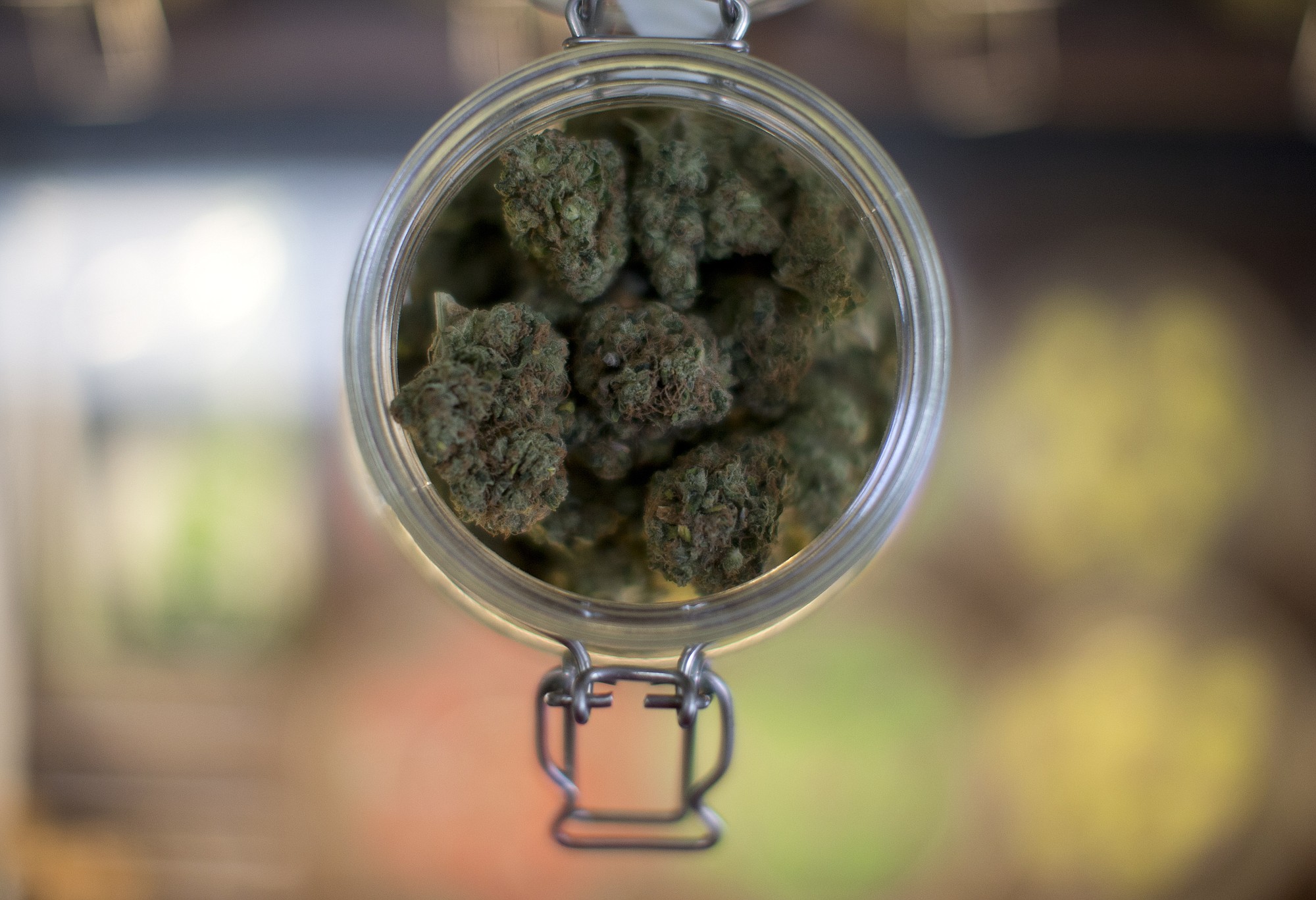Marijuana activists who have longed for decades to end America’s drug war pocketed more major victories Tuesday, with Oregon, Alaska and the nation’s capital approving recreational pot use. Here are how some other ballot measured fared on Tuesday:
MINIMUM WAGE: Voters in four states approved increases in the state minimum wage. In Arkansas, it will rise from $6.25 an hour to $8.50 by 2017, in Nebraska from $7.25 to $9 and in South Dakota from $7.25 to $8.50. In Alaska, it will increase $2 an hour to $9.75 in 2016.
GUN SALES: In Washington, voters approved a measure to expand background checks on gun sales and transfers; the checks will extended to private transactions and many loans and gifts. The rival measure would have prevented the state from expanding checks in that fashion; it was trailing statewide.
FOOD FIGHT: Colorado voters rejected a measure that would have required labeling of certain genetically modified foods. The proposal would have applied to raw and packaged foods produced entirely or partially by genetic engineering, but not apply to food served in restaurants. A similar measure was too close to call in Oregon.



